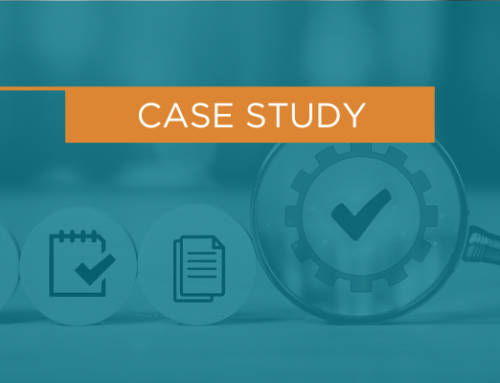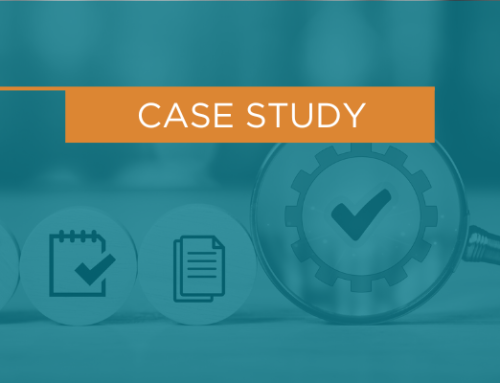By Bradford Jones, CPA, CVA, CMA, CFF
When considering finance and accounting outsourcing (FAO), a bit of research and planning in advance can help you make an informed decision and ensure the transition is as seamless as possible.
Tip #1: Calculate a truly accurate cost comparison
Many companies run cost comparisons when deciding to outsource the accounting function.
But, like the problems that plague antiquated finance and accounting (F&A) processes, these comparisons often do not capture all of the relevant information. As a result, the cost analysis is likely inaccurate.
To calculate an accurate cost comparison, be sure to incorporate all the expenses of not making a change. It’s critical to remember that the cost of not investing in your F&A function can be far greater than the proactive decision to invest and improve.
Include the costs of:
- Not having an accurate 360-degree view of your business.
- Not reskilling the mindset of your F&A team from transactional to strategic.
- Not operating with the attitude of the most successful companies, according to a recent study1. These companies “have the ability to evolve, succeed and prosper through uncertainty and volatility. They constantly ‘adapt their ability to adapt.’”
Tip #2: Consider what you need to accomplish first
Naturally, every organization wants to move toward greater success. But to grow your business and increase efficiency, you’ll need a certain amount of specialized accounting knowledge and support to get there.
How you structure the outsourcing relationship depends on your goals, existing resources, and staff expertise. To determine exactly what you hope to accomplish with FAO, it’s critical to consider your priorities, which may include the following:
- Updating outdated and manual systems
- Defining and optimizing core processes to avoid errors, inefficiencies, and difficulty recruiting and retaining top talent
- Protecting data
- Improving work satisfaction for employees
- Moving F&A from a transactional cost center to a strategic business partner
Once you’ve organized your specific needs, your outsourcing partner will be able to design and execute the right roadmap.
Tip #3: Find the Right FAO Provider
Outsourced accounting can help ensure consistency and accuracy of bookkeeping, accounting, and decision-making. Plus, you can tap into specialized expertise usually unavailable within the constraints of small organizations and scarce resources.
But first, you must find the right FAO provider. To properly vet an FAO provider, check that the provider has:
- Be sure the provider has experience with clients in your industry and organizations of a similar size.
- A proven tech strategy. Ask about the software and tools they use to manage finance and accounting processes. The provider should be able to explain how they plan to integrate with your existing systems, if needed.
- The ability to scale with you. Ask about how they will accommodate your future growth, e.g., increase in transaction volume, additional processes, or expansion into new markets.
- Data security and compliance protocols. Assess the provider’s data security protocols, adherence to regulatory requirements, and compliance certifications.
When you work with PBMares, you can expect us to check all the boxes above. You can also expect us to provide:
- A highly disciplined and structured process
- A team with specialized industry expertise
- A completely virtual, paperless, and non-intrusive experience
Learn More
Contact Brad Jones today to learn more about what you and your organization can accomplish when you outsource all or part of your accounting and finance functions.
Source 1: Reinventing for Resilience: A CEO’s Guide | Report




